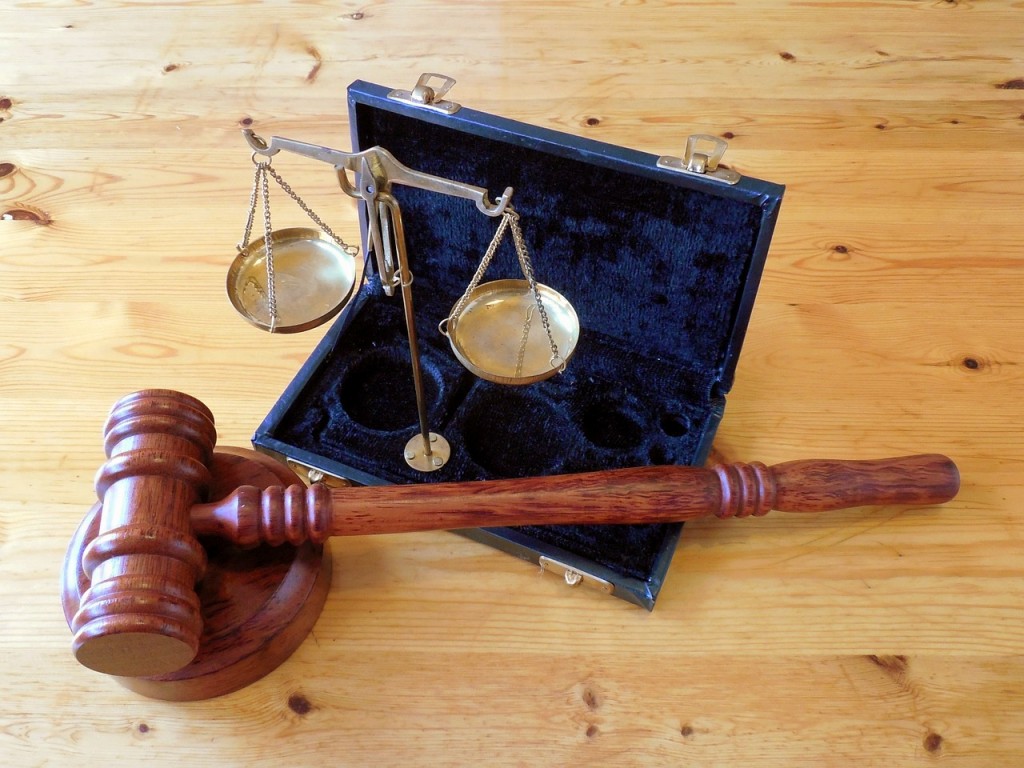
As a Maryland landlord, you can’t just “wing it” when it comes to handling security deposits.
You have to follow specific procedures and adhere to Maryland laws (whether you’re in Prince George’s County or elsewhere in Maryland). Otherwise, you could end up in court and/or owe your tenants a lot of money!
To help you avoid those negative consequences, we’ve put together this list of 6 security deposit best practices landlords should follow.
Security Deposit Policies and Best Practices
1. Require a new tenant to inspect the property upfront
When a new tenant has signed their lease and received the keys to the property, they should inspect it thoroughly. They should look for anything that could affect how much of their security deposit they can get back.
As they look, they should have a Condition of Rental Property Checklist that includes details of every room in the property.
Require the tenant to mark the condition of each detail as they walk through, and have them sign and date the document and turn it in to you directly.
Tip: To avoid disputes with difficult tenants in the future about what was or was not marked on the inspection sheet, use carbon copies. Yes, it’s kind of an old-school way to document something, but it’s one of the best ways to maintain unquestionable proof of the tenant’s inspection.
2. Inspect your property thoroughly when a tenant moves out

If you’re a seasoned landlord, you probably already know about property inspection procedures.
You should conduct inspections throughout a tenant’s lease period (just make sure you enter the property legally by notifying the tenant at least 24 hours ahead of time) and when they move out.
During the move-out inspection, look over the property thoroughly and take plenty of pictures of any damages caused by the tenant that could allow you to deduct an amount from their security deposit.
For even more proof, record a video as you walk through the property and zoom in on any damages.
And, if you can, add a time/date stamp to any pictures/videos you take of the property. This will help if any tenant tries to dispute the date of the damages.
Tip: Don’t just save your photos and videos to your camera memory card and/or computer. Back up your files whenever possible on an external storage device like a flash drive or by using a cloud storage program online. This will help ensure that your files aren’t lost if your main hardware goes missing or becomes damaged.
3. Charge your tenant the proper amount for the security deposit
In Maryland, the most you can charge a tenant for their security deposit is the amount they pay for two months of rent.
Make sure you don’t charge more than that, or you could owe the tenant a lot of money and end up paying attorney’s fees, which tend to be pricey.
That being said, you shouldn’t undercharge for the security deposit either.
You might think that undercharging will help you rent out your property more quickly, but it might just end up attracting a financially unstable tenant.
Set a reasonable amount, and stick with it to get a high-quality tenant living in your property.
4. Keep all security deposit money in a separate bank account
Accidentally spending your tenants’ security deposit money can put you in a sticky situation.
Instead of simply depositing the money in your regular bank account, set up a specific account for deposits and put the money there. That way, there is no confusion about where the money is and you won’t be tempted to use it.
5. Be aware of Maryland laws for landlords concerning security deposits
Laws for landlords vary by state. To stay out of legal trouble, familiarize yourself with the laws for Maryland landlords.
To get you started, here are a few notable laws in Maryland regarding security deposits:
- The landlord is required to provide the tenant with a written receipt for the security deposit. Any landlord who fails to do this is liable for $25.
- The landlord is required to keep the security deposit money in a federally insured financial institution and must deposit it within 30 days after receiving it.
- When a tenant’s lease is up, the landlord must return the security deposit to the tenant within 45 days (minus any portion of the deposit that the landlord may rightfully keep due to damages or excessive filth beyond “wear and tear”). Otherwise, the landlord could be required to pay the tenant three times the held amount plus attorney’s fees.

Keep in mind that these aren’t the only Maryland laws concerning security deposits – not even close!
So, if you’re not sure about something, look it up online before you take action. By doing so, you could save yourself from ending up in court later due to a simple mistake.
6. Keep track of your receipts
When a tenant damages your property or leaves it excessively filthy to the point where you need to deduct from their security deposit, make sure you document every repair/cleaning transaction required by keeping the receipts.
These receipts will show the amount(s) you can deduct from the security deposit.
Doing this gives you clear proof of the money spent to get your property back in good condition, which helps ensure that your tenant cannot dispute the charges later.
If you need help managing your security deposit procedures, consider partnering with our Prince George’s County property management team.
Whether your property is located in Bowie, Takoma Park, or a surrounding area, we can help you avoid tenant disputes regarding security deposits.
Our services include move-in and move-out reports, and we take pictures of the property before and after tenants. That way, we can accurately pinpoint any damages, maintain solid proof of those damages, and handle any security deposit deductions with ease.
So, if you have been struggling with security deposit issues or would like to learn more about how our property management team can free you from unwanted landlord responsibilities, contact us today!
